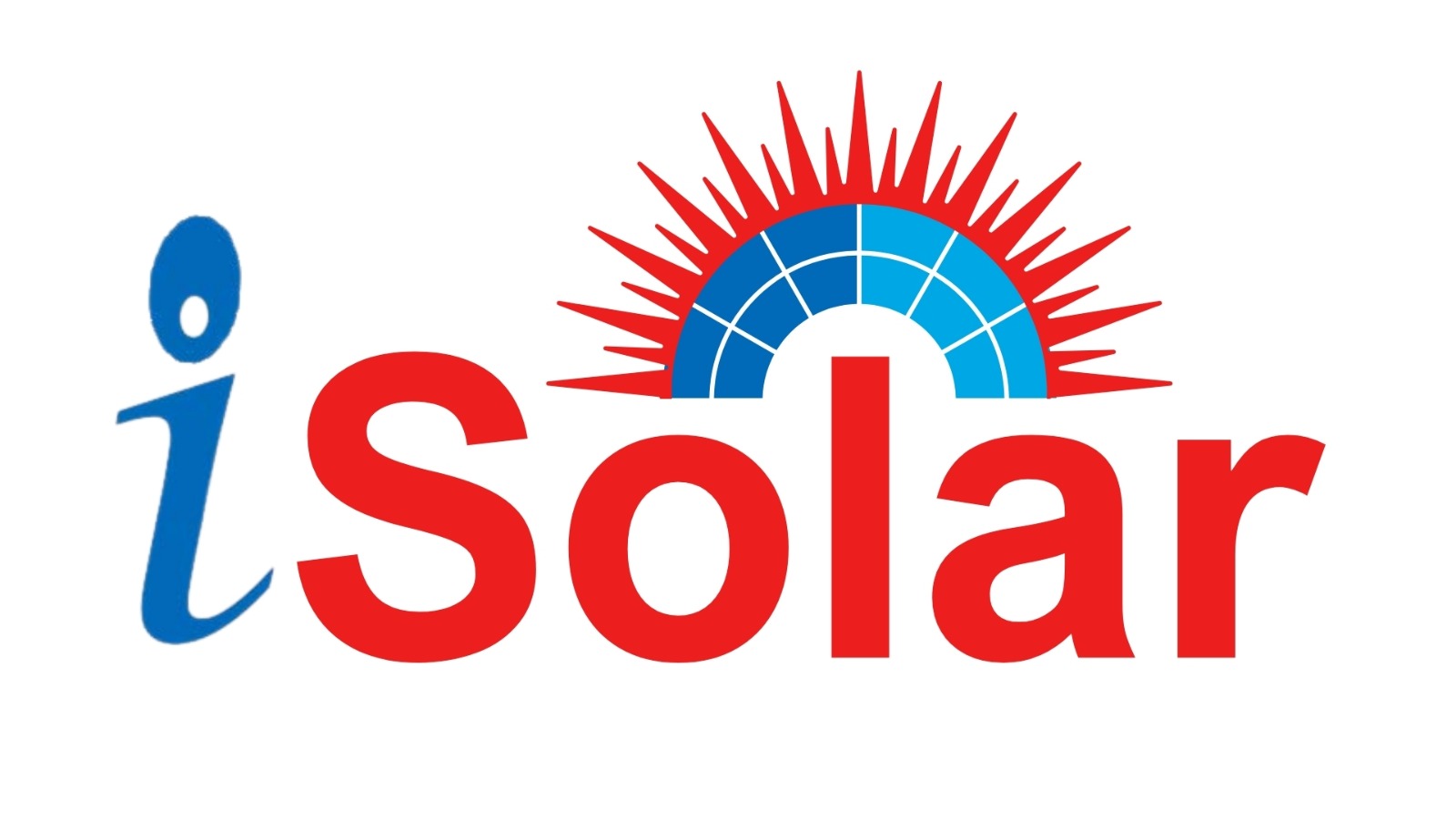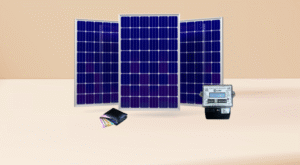The economic returns of solar systems for Home installation are immense and broad. The most self-evident ways through which solar energy can assist home owners in saving include:
1. Reduced Energy Bills
Lower Monthly Utility Bills: Solar panels generate electricity, and thus the homeowners can rely less on the grid. Reduced power consumption bears a direct link to reduced electricity prices.
Net Metering: Net metering is available in most places, where homeowners sell surplus electricity to the grid via their solar panels and get cash or credits. This can earn them money or save them even more money.
2. Value of Home Appreciation
Value Appreciation: Solar panel houses appreciate in value. Studies show that solar systems for home installed sell at a higher price and sell quicker than non-solar system-installed houses.
Appealing to Buyers: As the cost of energy increases, increasingly more buyers are happy to pay a premium for homes with solar panels installed on them to make a commitment to lower utility bills down the road. That’s a great selling point.
3. Long-Term Savings
Return on Investment (ROI): Solar panels are expensive to install, but save through electricity bills after a period cumulatively. Homeowners can generally look for return on investment in 6-10 years depending on the system size, usage, and local incentive.
Low Maintenance and Durability: Solar systems are long-lasting (typically 25+ years) and low maintenance. Repair and maintenance costs are minimal, yielding long-term cost savings.
4. Government Tax Credits and Incentives
Tax Incentives: Governments, in the majority of cases, offer tax rebates, credits, and incentives for solar adoption.
State and Local Programs: Besides federal programs, the majority of state and local governments offer extra rebates, performance incentives, and other fiscal programs to reduce the cost of solar energy.
5. Energy Independence and Stability
Protection against Rising Energy Prices: Solar power gives homeowners the luxury of being able to fix energy prices at a fixed rate, which may protect them from unstable energy prices. This is likely to generate long-term financial security and reduce the vulnerability to rising energy prices.
Off-Grid Capability: Owners have the potential to be totally off-grid with the use of solar energy and battery storage. This will entirely eliminate energy bills but at a higher upfront price.
6. Funding Options
Leasing and Power Purchase Agreements (PPAs): The homeowner, if he cannot afford to pay for the solar panels in advance, can lease the equipment or enter into a PPA agreement where the homeowner pays only for the use of electricity produced by the solar system but does not own the equipment. It can give instant savings with no front-end charge.
Solar Loans: Homeowners can even borrow a loan to install and finance solar systems for Home. The majority of these loans are structured such that the loan’s monthly installment is lower than the utility bill savings, and hence it is an economic option.
7. Environmental Benefits with Economic Implications
Carbon Offset: While not necessarily an economic benefit in itself, the green impact of solar energy cannot be discounted. The more the world is covered in greenery, the more homes powered by renewable means like solar might be more advanced and environmentally friendly, something that can draw buyers and investors in the long term.
Green Energy Initiative Support: Some homeowners will also be supported by “green” proposals for green living through renovation. These could be rebates or tax credits for enrollment in renewable energy schemes.









